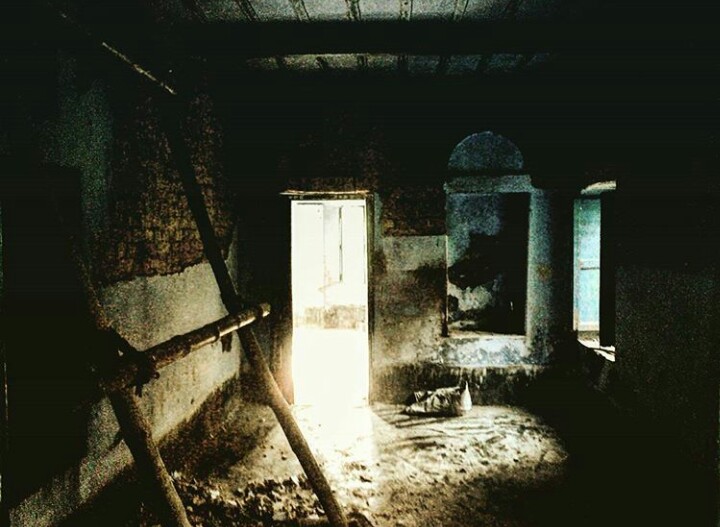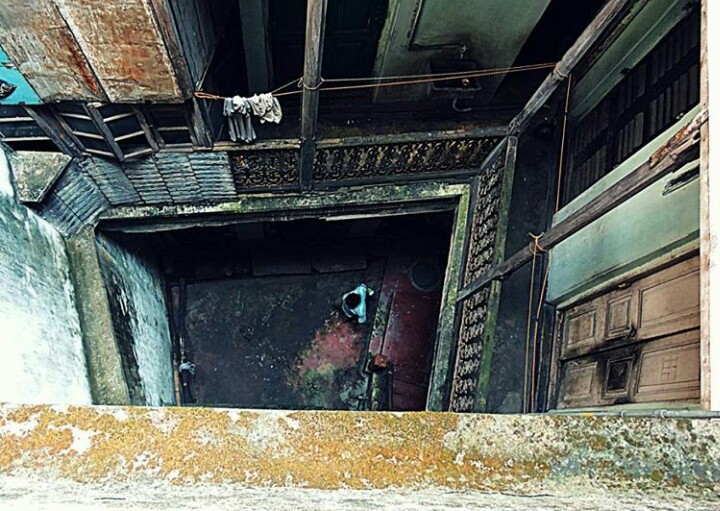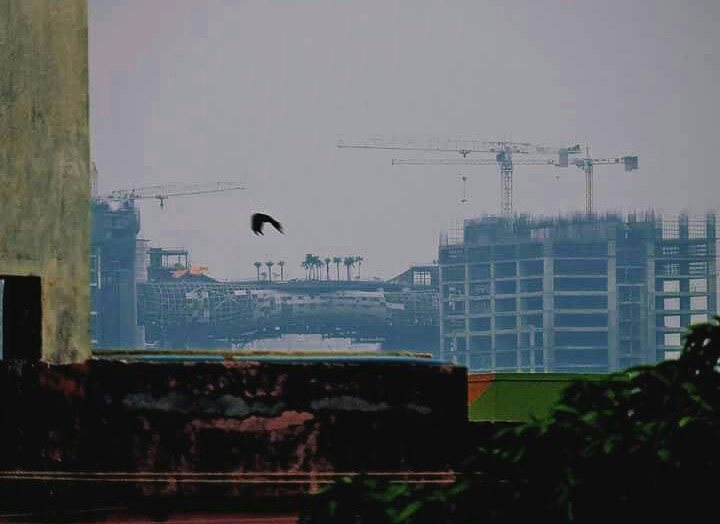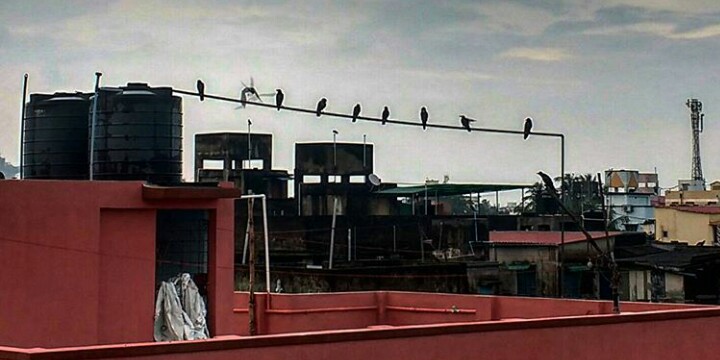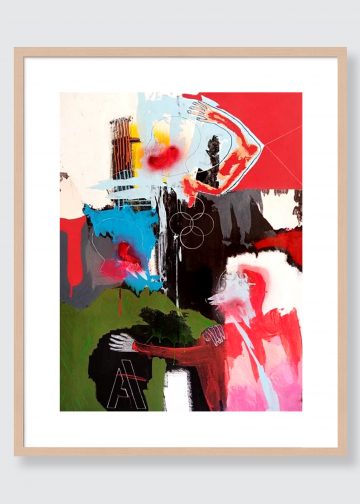Presumably, asking a question about the ‘problem of writing’ is the easiest possible way to decode the literature of an age, go deeper into an understanding of how different, basically and minutely, it is from the same practised in previous ages. Unfortunately, this very question loses its distinction when one goes to discuss the works of the poets writing in Bengali after the millennium (in West Bengal the generation is called ‘Shunya’ which means Zero, arguably the term refers to the too many zeros in the number 2000). This number in no way suggests that the poets of the decade are effortlessly creating history; rather, simply that no other generation in Bengali literature has fallen prey to the consequence of the inevitable development in everything that influences a person’s sense of reality. Climate changes, the changing socioeconomic scenario, moral codes, ethos, the changing sense of privacy that includes the abundance of knowledge acquired through social media and virtual world together give birth to a significantly different perception of what is real and what is more real. It will be a naïve decision to blame Globalisation only for this complexity, but one has to admit it has a major role to play in the insistence that today, there remains no single Reality for all anymore, everyone has his or her versions of it.
So many worlds converge in the single one, and a poet pursues his or her close reading of their own time. There is no denying of the fact that there are several timelines flowing through the Zero decade. What may be considered the ‘problem of writing’ for one fiercely experimental Anupam Mukhopadhyay, may mean nothing to Himalaya Jana whose expressions are spine-chillingly nonchalant: what one certain Anuradha Biswas tries to achieve through her gorgeous pessimism, may really not exist for the sharp brilliance of Indranil Ghosh. The sheer fact that they co-exist in this phase puts Anindita Gupta Roy with her dark contemplative writings, Raka Dasgupta with her smart, crispy expressions, Animikh Patra with his dynamic frenzy, Ritam Sen with his overwhelmingly lyrical power in the same bracket. On the surface level they are way different from each other. It seems as if there is no centre in the form of a basic crisis that the poets of this time can address. It seems there can be nothing any two of them can share. They are the same batch and this has never happened before.
W.H Auden’s famous dictum, ‘Poetry makes nothing happen’ points directly towards the lack of material utility of writing poetry in today’s world. Though Auden’s line appeared in his elegy for W.B Yeats in 1939, unfortunately it never ceased to be relevant. In 2002, Robert Creeley in his introduction to the Selected Poems of George Oppen (1908-84) quotes it to highlight a general tendency of the market-regulated world; that is to give a cold shoulder to poetry. (“…no one finally knows what a poet is supposed either to be or to do. Especially in this country, one takes on the job – because all that one does in America is considered a “job”…”) Having said all that, one has to admit that there can be no logical explanation how poetry, as genre itself, without the minimum support in the form of acceptability among book buyers in market, has managed not only to survive but to generate an ever-burgeoning number of people to write poetry in Bengali down the ages. Because, like rest of the world, College Street, the state’s largest book-market that, of course, basically thrives on the text-book business, sells Novels and Fiction, more than anything related to poetry. What then, is the real cause of the situation where the people writing poetry in Bengali, a regional language in India, can easily outnumber the poets all the rest of the country has produced? Tagore undeniably remains the greatest poet the language has ever had; but it is also true that the obsession for poetry prevalent in the culture today hardly owes anything to his global recognition and fame. It is, arguably, the poets of 1950s – Sunil Gangopadhyay, Shakti Chattopadhyay and others, the editors of Krittibas, an iconic little magazine, who brought a paradigmatic shift in the lifestyle of a poet and a poet’s style of writing. Their correspondence with the Beat generation poets, Allen Ginsberg and Peter Orlovsky, helped the poetry of Bengal cross boundaries once again. The decades following it saw some major changes in the expression of poetry. Though there were exceptions, the general characterization of the poetry of 1950s has to include adjectives like – flamboyant, effervescent, energetic. It is so probably because it responded to the social changes in the post independence era in the country. The focus of poetry changed in the next decade, and so on.
The decade-wise division of poets is designed primarily for discussions like this one, aimed at achieving an overview of the general tendency in writing of an age. Though the passing of a decade does not necessarily come with a guarantee of the total change in the perception of poetry, such division never disappoints, given that what world poetry is influenced by never remains the same. Time, as it appears now, runs faster than ever, the size of the world shrinks day by day; the meaning of space becomes more and more intangible. The boom in the technological arena is making the world every living organism or mechanism experience take a reboot. This unprecedented process of change could have left the poets edgy, restless and could have made them write shallow stuff. It is true that the poets now, generally speaking, are restless but fortunately what they write is more sincere than what the previous generation of poets, the 1990’s, wrote.
The 1960’s had a common vein of placid reclusion, the major figure of the decade – Bhaskar Chakrabarty injected an incurable attitude of self pity in Bengali poetry, that of a sickly, weak, diminutive man who relentlessly smiles at the dismal side of a hopeless life. The Zero generation inherited this. And they inherited the blooming that Bengali literature experienced in the 1970’s. The greatest thing that could have happened with the first batch of poets of the millennium is that no big establishment, magazine or publishing house, could pet any of the major ones of the generation. Poetry cut a sorry figure in 1990’s. It was a major let down in the sense most of the poets of the decade lacked voices of their own, and therefore no ways for them were left, other than writing homogeneously peppy poems and huddling up for a place in commercial magazine. The overpowering presence of social media worked as a great boost for the poets who were already trying to rethink and revamp the age old system of publication. The advent of a number of online magazines, which struck the chief commercial literary supplement off its pedestal, ended an era of hegemony. Sanghamitra Haldar, a marvelous poet with a one-of-its-kind voice herself, edits an internet based magazine, Duniyadaari. Indranil Ghosh co edits Indiaree, and Anupam Mukhopadhyay is the chief editor of hugely popular webzine Baak. The precursor in this case of course is Kaurab online, which was once a cult magazine of 1970’s, and went on to become active in hosting a gallery of Indian and international poets, mainly online.
The freedom that social media fetches does come with a cost, and what might have once seemed a blessing for budding poets appears not to be such a thing today. Absolute absence of censorship in a world where most of the poets manage self-publication, of course, has empowered the rebel who tries to demolish the standards of high literature, but the general quality has suffered a lot. This is one of the reasons why making any general comment on the Zero decade becomes more of a task. There is a bold poet like Arnab Roy, who does not care for any ceremonious arrangement for poetry, and bravely leaves his heart exposed to a corrosive feeling of loss; then there is a bold poet like Swagata Dasgupta, whose poems are layered, on the surface level, they seem to resound ferociously feminist, on the deeper level they deftly merge what is not so poetic with what we mean by poetry. There is a bold poet like Souva Chattopadhyay who has repeatedly changed his trajectory in his poetic journey; he went on to become experimentally traditional from being traditionally experimental. Then there is Rangit Mitra, his endless jugglery with random images often implodes into newer meanings of the things he writes about, Paulami Sengupta, whose laconic poems with abrupt ends convey a jittery life we are nowadays familiar with, Pushpanjana Karmakar, the only poet writing in English tries to resolve the relationship between the language she writes in and the language she was born into.
Reality, if there is a single one, is probably exploding for all of the fifteen poets of this generation. They all fumble through darkness to get to the full picture. Zero, as can be seen, is a circle without a centre. And finally one can conclude that there is a ‘problem of writing’ for this generation, i.e., the search for the centre.

Aritra Sanyal is a poet, translator, researcher, and an ex-sports journalist who presently works as a teacher of English language in a school in West Bengal, India. He is a doctoral candidate at Assam University focusing on the novels of Amitav Ghosh. Earlier he worked as a research fellow in University of Calcutta under the supervision of Prof Chinmoy Guha in a major research project: Impact of France on the 19th an early 20th Century Bengali Literature. He is the author three books of poetry. Forthcoming is Ekta Bahu Purano Nei (An Old Absence) from Pathak Press, Calcutta.
The Dreaming Machine is proud to publish a 2 part series dedicated to the work of young West Bengali poets, a project launched by poet and critic Aritra Sanyal. In this issue, Part I
On the Wings of Young Bengali Poets- Part I, edited by Aritra Sanyal













































